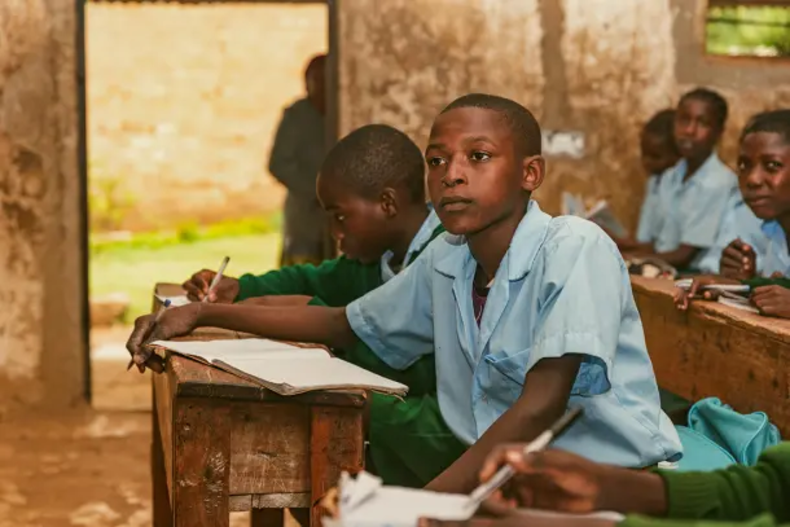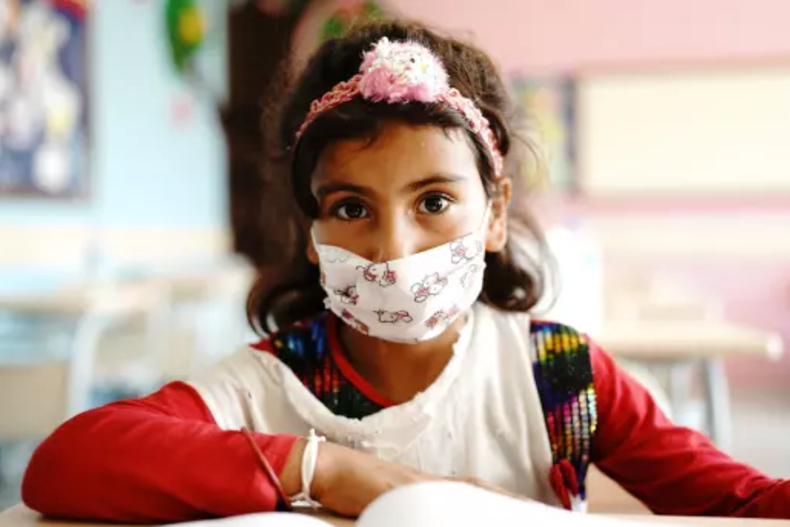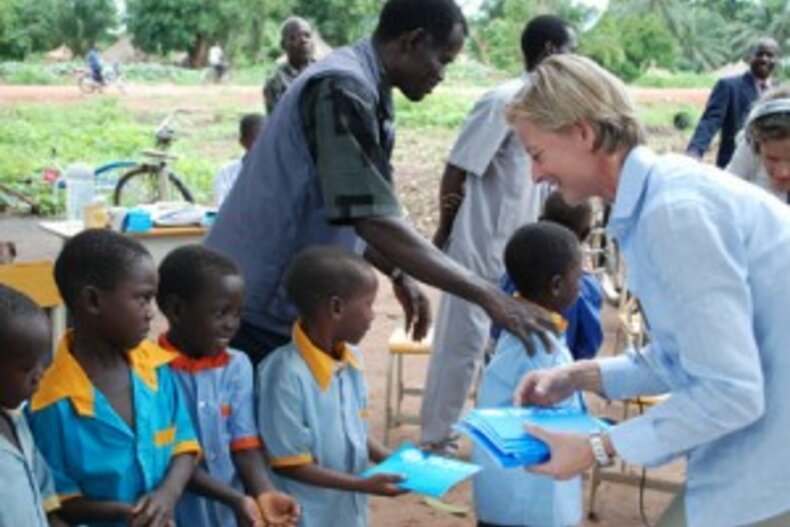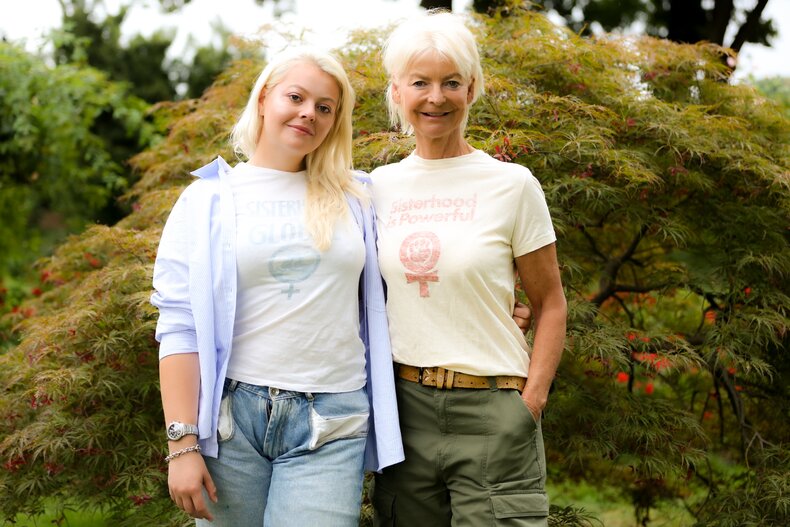
As the world marks World Humanitarian Day on 19 August, we pause to remember and honour those who risk everything to bring relief to others.
These brave individuals - humanitarian workers and volunteers - stand at the frontlines of emergencies, offering dignity and support in moments when hope often seems lost.

In 2025, the humanitarian landscape faces unprecedented strain. The need for assistance continues to climb, with staggering numbers of people requiring support across multiple crises. At the same time, the very systems that deliver aid - funded and organized by governments, UN agencies, and NGOs - are faltering. One stark indicator of this disruption is that 83 % of USAID programs have been terminated, representing thousands of international and local projects abruptly halted.
These funding cuts have created what humanitarian leaders call a “seismic shock” - agencies accustomed to U.S. support are scrambling to keep critical operations afloat, while hundreds of thousands of lives hang in the balance.
The impact in refugee settlements in Africa, already fragile, quickly spiraled into violence and despair when food distribution was halted - tragic scenes of people fighting over scarce rations now emerging from camps in Uganda.

Today, more than ever, we must renew our commitment to humanitarian principles: neutrality, independence, and humanity. Global governance, funding structures, and aid mechanisms must be reformed to withstand politicization. We need coordinated, multilateral solutions - leveraging not just government funds but also philanthropic, private, and local resources.
Organizations on the ground are adapting by diversifying funding sources and forging deeper partnerships with regional actors and local NGOs - creating resilience through shared ownership.

Recent shifts in U.S. humanitarian policy - particularly the Executive Order 14169, signed on 20 January 2025 - froze almost all foreign aid for 90 days, later allowing only narrow exemptions for life-saving assistance - and excluding widely supportive programs like family planning, gender equity, and administrative costs.
Following this, the dismantling of USAID led to the suspension of thousands of aid initiatives and mass layoffs - reducing its workforce from over 10,000 to just 294 staff worldwide. This decimation of aid capacity, critics warn, has already contributed to hundreds of thousands of preventable deaths, as health, nutrition, and development programs vanish overnight.

On this World Humanitarian Day, we reaffirm that humanitarian work is not a spectator sport - it demands engagement:
- Governments must recommit to protecting aid systems and ensuring safe, neutral access for aid workers.
- Foundations, corporations, and private donors are needed now more than ever to fill funding gaps, uphold independence, and support local-actor initiatives.
- Local communities and civil society must be empowered and funded - no lasting change will come without their leadership and insight.
- Individuals everywhere can support through advocacy, donations, or simply amplifying voices of those in crisis.

Let us not forget: the women and men delivering aid are more than statistics; they are brave souls who act out of compassion and conviction - often at great personal risk. And those receiving aid are not mere beneficiaries - they are rights-holders, human beings shaped by dignity and resilience.
Together, we can ensure that humanitarian protection remains not just a concept, but a reality for all. On this day of remembrance and resolve, let us stand with humanitarian workers - and with one another - committed once more to decency, solidarity, and hope.
Yours
sincerely

